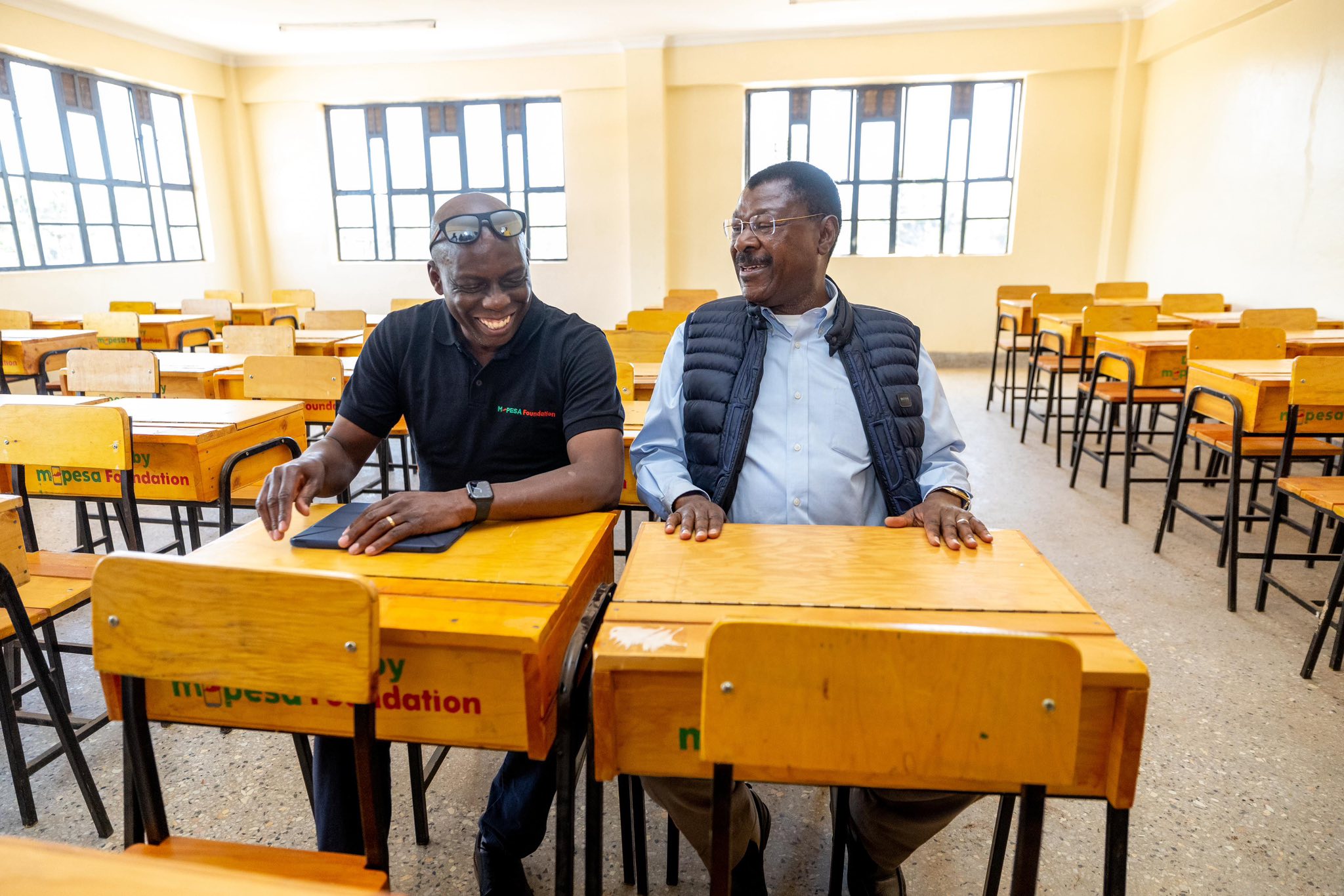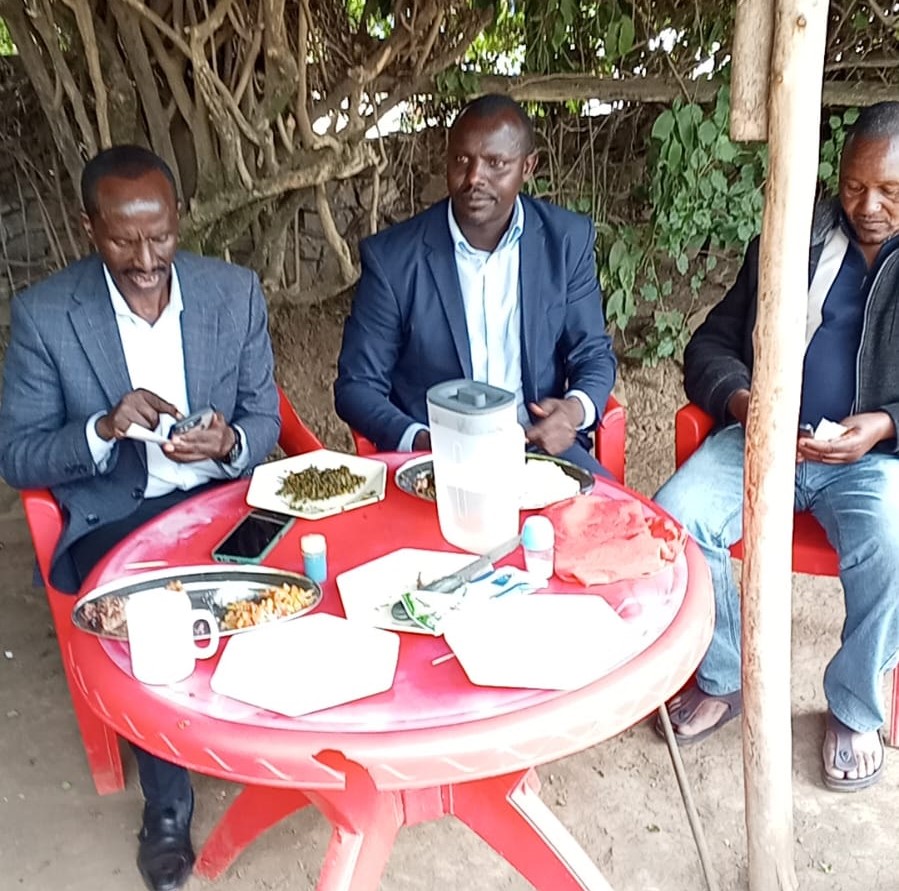By Roy Hezron
NACC, which has the mandate to develop policies, strategies and guidelines to address all the aspects of the HIV response, has changed tact in the fight against the disease in schools among learners living with HIV.
The National AIDS Control Council (NACC), a state corporation in the Ministry of Health tasked with the mandate of HIV response in Kenya, has changed tact in the fight against HIV and AIDS in public schools, this time round involving teachers and non-teaching staff in supporting learners living with HIV.
The Council is now leading from the front, affirming the need to empower the teachers and non- teaching staff on how to ensure that the learners access HIV care, treatment and support including clinic appointments, nutrition support and adherence to medication.
During a sensitization workshop of education stakeholders involving County Directors of Education (CDEs), representatives of school heads, Ministry of Education’s Quality Assurance Officers and the Teachers Service Commission officials on a human centered design approach for Adolescents and Young People (AYP) programming in schools conducted between May 16, 2022 and May 20, 2022, NACC reiterated that learners living with HIV require HIV care, treatment and support.
The training was specifically meant to build the capacity of teachers to support learners affected and infected by HIV, as well as pregnant and breastfeeding learners through providing psychosocial support, acting as a link between the learner, the parent and respective health facilities, and reducing stigma and discrimination in schools.
NACC has now urged teachers, nurses, matrons and patrons – referred to as focal persons – to remind and accompany learners living with HIV in attending either scheduled or unscheduled clinics meant to address prevention of opportunistic infections, collection of medicines, laboratory tests, psychosocial support, nutritional counseling and support and, general health assessment, not to mention and follow up visits.
For scheduled clinical visits for learners living with HIV, the Council advises schools to remind guardians and learners to present their appointment dates to the focal persons to facilitate timely planning at the beginning of each term, as well as remind the learner on clinic appointments dates.
The focal person can grant permission and facilitate the learner to access the health facility and notify the parent and guardian or accompany the learner to the health facility.
For unscheduled clinical visits, the Council urges the school administration to encourage learners to approach the focal persons with such requests, and that the focal persons should grant permission to the learner whenever such requests are placed; accompany the learner to the health facility and notify the parent and guardian of such a visit.
The focal persons should also ensure the learners take Anti-Retroviral drugs (ARVs) and ensure routine monitoring of laboratory tests to assess progress in treatment. ARVs are medicines used to reduce the multiplication of HIV and stop the progression to AIDS;
On referral and linkage to health facilities, NACC urges schools to be familiar with HIV and AIDs Prevention and Control Act (2006), whose objective and purpose is to partly ‘Ensure the provision of basic health care and social services for learners infected with HIV and AIDS.’
This implies that schools should develop a directory of all the health facilities and institutions with whom they can work to facilitate support.
Additionally, the schools have been urged to actively use the directory to forge networks for referral and linkage. School managements in consultation with parents and guardians should confidentially refer the learner for HIV counseling and testing, clinical care, youth-friendly services and sexual and reproductive health services.
Recent data released by NACC shows that infection rates among the Adolescents and Young People have been on a steady increase since 2020, with the HIV situation in the country as per 2020 UNAIDS estimates showing that out of a total of 87,208 adolescents aged between 10 and 19 years and living with HIV, there were 6, 150 new infections.
Out of 142,161 young adults aged between 15 and 24 years living with HIV, there are 14,344 new infections.
According to NACC data, in 2021, the number of adolescents and young adults who tested positive for HIV increased in at least 24 counties.
The data showed that adolescents aged between 10 to 14 years who tested positive were 1,588 from a total of 101,613 samples tested, while the number that tested positive among adolescents aged between 15 to 19 years was 3,306 out of 460,917 samples tested.
The number of young adults aged between 20 and 24 years who tested positive were 13, 268 out of 933,175 samples tested.
The counties with the highest positive cases were as follows: Homa Bay (2,389), Nairobi (2,374), Migori (1,516), Kisumu (1,308) and Siaya (1,092).
Others are Mombasa (655), Nakuru (637), Kisii (606), Kajiado (597), Kiambu (579), Kakamega (509), Bungoma (406), Kilifi (359), Uasin Gishu (358), Machakos (344), Turkana (332), Nyamira (326), Meru (268), Trans-Nzoia (267), Kitui (261), Busia (258), Makueni (232), Narok (231) and Kwale (211).
The Council has identified alcohol and drug use as a high risk behavior which puts the youth at a higher risk of contracting HIV and Sexually Transmitted Infections (STIs). It further notes that Internally Displaced Persons (IDPs), refugees and those living with disabilities are those who are most at risk of contracting HIV.
Other issues include mental health challenges, cultural and religious beliefs with harmful cultural norms like Female Genital Mutilation (FGM), early marriages, community taboos around HIV and Sexual and Reproductive Health (SRH).
Other issues of concern include low retention and transition rates in schools, negative attitudes towards HIV, sex education and HIV related stigma, lack of economic empowerment, Sexual and Gender Based Violence (SGBV) and low access to youth friendly HIV, SRH and family planning services.





